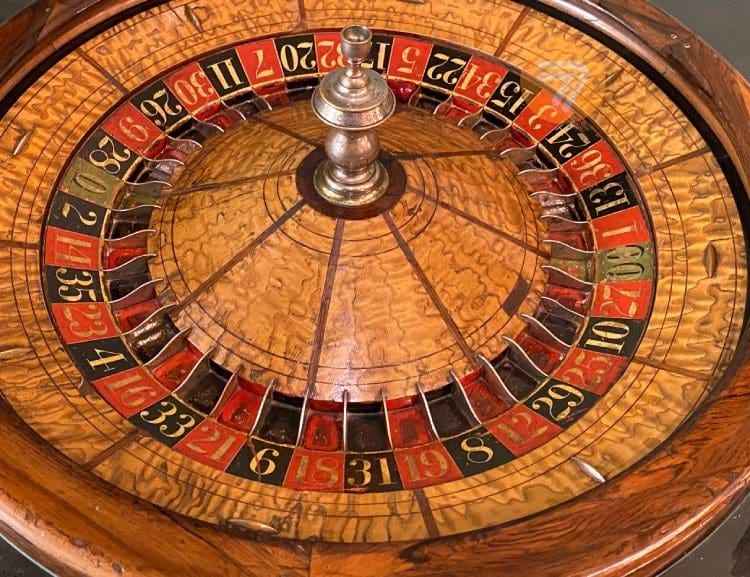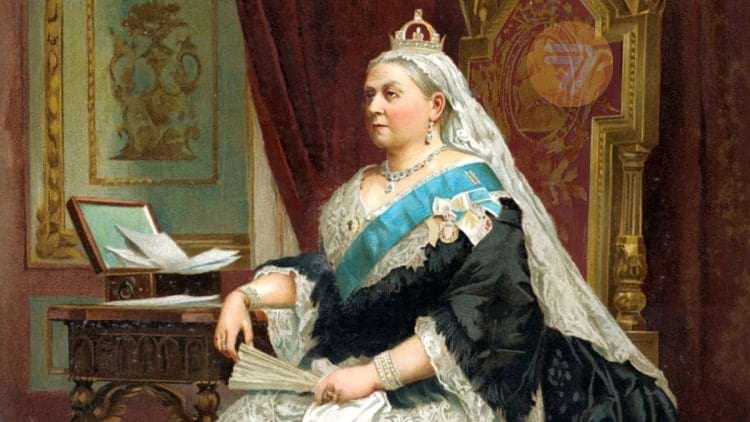Skill and Chance in Gaming and the Legal Realm: The Roots
13 Feb 2024
After years of deliberations, in 2023, the tax arms of the Indian Central Government decided to eliminate any differences between skill and chance when levying GST on online games with stakes.
The decision sent the burgeoning homegrown gaming industry into turbulence as the companies had based their business models on the same distinction.
While the constitutional validity of the amended tax regime, together with show cause notices totaling ₹1,12,332 crore, are awaiting adjudication in court, we got curious about the origins of the whole skill vs chance distinction and how come it is so deeply rooted in Indian gambling-related legislation.
As it turns out, all can be traced back to strict legislation that had a nation prioritizing the art of archery over fun and games, resulting in a triumphant military victory against all odds more than 600 years ago at the Battle of Agincourt.
Straight Like an Arrow
The seed was first planted in 1388 when a Royal Edict was enacted ruling that citizens must not gamble but practice archery. An Edict resulted from the English longbowmen’s victory at the Battle of Crécy in 1346, proving the tactical advantage of archers.
“Servants and labourers shall have Bows and Arrows and use the same the Sundays and Holydays, and leave all playing at tennis or football, and other games called Coits, Dice, Casting of the Stone (skittles), and other such importune Games,” the Edict read, adding a ban on gambling to an older rule from 1252 that required citizens aged between 15 and 60 to train themselves with a bow.
In 1409, imprisonment was added to the law as punishment for those disobeying. Considering that the proper training of an archer took many years, by 1415, the law had had enough time to produce generations of skilled longbowmen to play a crucial role in the historical battle of Agincourt that year.
The astounding victory of a small but well-trained and disciplined force over a much larger and superiorly equipped enemy proved the wisdom behind the law on archery and gambling and cemented the respect of British legislators towards skill.
The Consequences of a Law on Gambling and Archery

England’s victory in Agincourt was an onslaught that wiped out generations of French lords. Entire regions of the country were left with no single male heir to any of their noble houses.
The total casualties given by the English army were 13 men-at-arms and around 100 soldiers. At the same time, the French sacrifice amounted to 5,000 men of noble birth, including the army commander himself, three dukes, five counts, and around 90 barons.
It would take a few centuries for French nobility to recuperate enough in numbers, wealth, and influence to invent the modern playing cards and the roulette wheel, to take baccarat from the Italian lords, and popularize many of the classic casino games that we still enjoy to this day and are also known as games of chance.
The Legal Precedent that Set Apart Skill Games from Gambling

Having already placed skill and gambling into the same statutory text, it did not take long for the English case law legal system to produce a precedent that distinguished between skilled gaming and gambling.
In the 16th century, a court in England ruled that a certain dice game called Hazard at that time was a game of chance, while another game called Craps was one of skill. Reportedly, this was the first instance when playing a game with stakes got exempt from a gambling ban due to the preponderance of skill.
Interestingly, the modern dice game that we know today as Craps is more similar to the Medieval Hazard.
Around the same time, in 1541, the “Unlawful Games Act for the maintaining of Artillery” was introduced. It replaced previous legal statutes. As the name suggests, the new law had the same purpose. To direct the Crown’s subjects to practice archery. Instead of “wasting time and energy” on gambling games.
The new thing was that the games were not criminalized, but keeping a common house or place for such games to be played for gain was provisioned as an offense.
Skill Enters the 1845 and 1867 Acts on Gaming

By the 16th century, bans on public gambling houses were defined in British legal space. And the courts had started declaring certain games as exempt from prohibitions.
However, it was as late as the Victorian era and 1845 when yet another newly adopted Gaming Act was adopted. It became the first law to differentiate games of chance from games of skill. Besides introducing a licensing regime for certain games like billiards.
“Whereas the laws heretofore made in restraint of unlawful gaming have been found of no avail to prevent the mischiefs which may happen therefrom, and also apply to sundry games of skill from which the like mischiefs cannot arise…,” the preamble of the refreshed British Gambling Act read.
This regulatory tradition, prohibition of games of chance, and common gaming houses with exemptions for games of “mere skill” was passed on to colonially ruled India by the Council of the Governor General and was introduced as the Public Gambling Act, 1867.
According to some accounts, the British tradition was observed also in the unstated motivations behind the law. Just like British bans on gambling were used to make people practice archery. The ban in India was at least partially imposed to keep local workers employed by English masters away from distractions.
Boundary between chance-based and skill-based games
As for the question of the exact boundary between chance-based and skill-based games. Which still bothers the Indian Government and judicial system. Arguments began even before the 1867 Act was implemented.
Cock fights
One of the proposals made during the discussions for the draft Bill pertained to betting on cock fights. The proposal stated that it should be granted the same exemption as betting on horse races. This, as both activities required similar skills.
The idea, put forward by “four or five Native gentlemen and one European gentleman in Lucknow,” was not taken well at the Council of the Governor General of India because training animals for murder was incomparable to training them for speed.
Horse race betting
Today, the lords’ pastime, horse race betting, continues to be exempt from restrictions on gambling as a skill-based activity. At the same time. The Government is examining legality of games like Poker and Rummy. Specifically in in Tamil Nadu and Karnataka.

Teer betting is a specifically Indian tradition of the last five decades. It closes the circle from skilled money gaming to the art of archery. In doing so it is sparking its own peculiar debate on the boundary between skill and chance.
Teer archers in Meghalaya shoot hundreds of arrows. Bettors wager on the last digits of the total arrows that successfully hit and stayed on the target.
This betting system eliminates the significance of the archers’ skill at the bow. But a different set of acquired skills comes into play. Teer master gamblers claim to have trained themselves. They interpret their dreams in a way as to predict the winning numbers.
Actual predictions via dreams are not something we will delve into further. Still, it seems apparent that the significance of skill in jurisprudence over real money gaming can never be eradicated.
We are patiently awaiting the next steps in Indian gambling. Where online gambling are becoming normalized means of leisure among the digital generations of the desi population.



